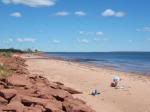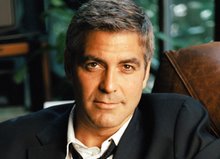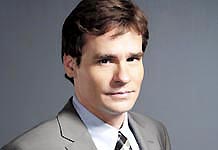 E = mc^2 by David Bodanis, 235 pages + notes
E = mc^2 by David Bodanis, 235 pages + notesA Biography of the World's Most Famous Equation
Nonfiction Five 2009; Science Book Challenge
Have you always wondered what exactly this equation means? Why is it so famous? Are you worried that 'only 12 people in the world truly understand it', and you aren't one of them? Then this is the book for you!
Written as a biography of the equation, the book begins with the 'birth', Einstein's time in the patent office in Switzerland where he originally thought of the relationship. Bodanis then backs up and explains exactly what each of the 5 parts of the equation come from - energy, mass, equals, celeritas, and squared. Each of these comes with some famous scientists and their main contributions. Fascinating, and written in easy to understand terms and analogies. ( I'm pretty sure they are easy to understand, but keep in mind I spend every day in a high school science class, so this is stuff I talk about every day. In that sense, I think it is easy because nothing seems any higher than I would expect my students to be able to understand.) I really liked this section as it broke down energy and mass and the speed of light (celeritas).
The rest of the book traces the results and implications that Einstein's famous equation led to, ultimately in the terrible devastation in Japan. But this book is so much more!
- The unfortunately believable sexism encountered by Lise Meitner (Otto Hahn, that Nobel prize thief!), and Cecilia Payne, who at least was allowed to study for her PhD, even if none of her advisers would believe her results. Miss Leavitt gets an anonymous nod in reference to the 'computers' at Harvard.
- The treatment of Jews in Germany and the scientists who refused to work with them, like Heisenberg.
- The race between the Americans and the Germans to build the bomb, and the daring operation carried out in Norway to stop the Germans.
- Funny observations and writing. Every hero needs an assistant. Moses had Aaron. Jesus had his disciples. Einstein, alas, got Freundlich.
- The fights and stubborn behavior of some well known scientists. The feuds!
- All the biggest names is science: Faraday, Oppenheimer, Rutherford, Chadwick, Fermi, Lavoisier, and Ole Roemer as well as the lesser known.







Wow, this book sounds incredible. :-D
ReplyDeleteWhat a cool idea for a book, I must say. Thanks for bringing it to my attention!
ReplyDelete